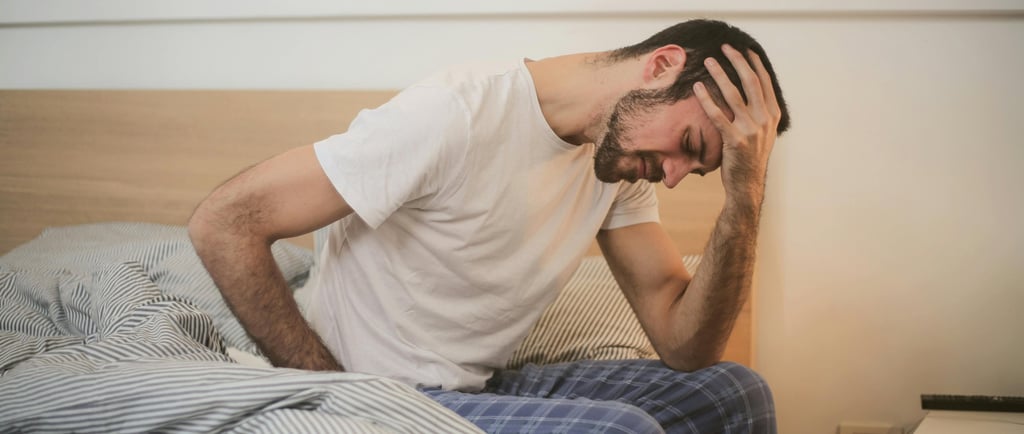Low sexual desire in males
Causes of low sexual desire in males
LOW SEXUAL DESIRE


Low sexual desire in men represents a significant factor contributing to relationship breakdowns and familial discord. The causes of diminished sexual desire can be classified into several distinct categories:
1. Emotional or Psychological Factors: -
Depression: The presence of feelings such as sadness or hopelessness can negatively influence sexual interest. -
Anxiety: Concerns regarding performance or personal matters can lead to a reduction in libido. -
Relationship Issues: Conflicts or insufficient communication with a partner can adversely impact sexual desire. -
Work-Related Stress: Elevated levels of stress stemming from the workplace can detract from sexual interest.
2. Pathological Factors: -
Hormonal Imbalances: Decreased levels of testosterone can have a substantial effect on sexual desire. -
Chronic Illnesses: Medical conditions, including diabetes, obesity, and cardiovascular disease, may contribute to reduced libido. -
Neurological Disorders: Conditions that affect the nervous system, such as Parkinson's disease, can influence sexual function.
3. Medication: - Certain pharmaceuticals, including antidepressants, antihypertensives, and specific pain relievers, may produce side effects that reduce sexual desire.
4. Lifestyle Factors: -
Substance Abuse: The use of alcohol and recreational drugs can impair both sexual function and desire. -
Inactivity: Sedentary lifestyles may detrimentally affect overall health and libido. -
Nutritional Deficiencies: Poor diet can also play a role in sexual health.
5. Aging: - Age-related physiological changes can lead to a decrease in sexual desire in older men. Identifying the underlying causes of low sexual desire is essential for implementing effective treatment strategies and improving overall sexual health.
